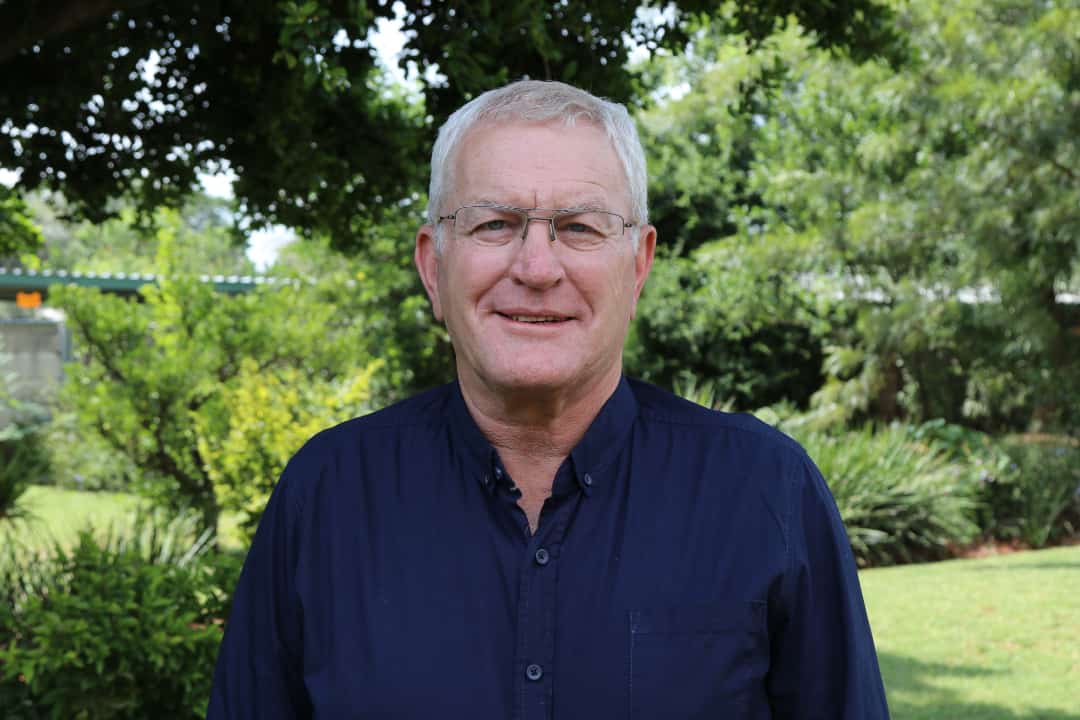The impact of trauma
By Hennie Human, victim support officer at AfriForum’s Trauma Support Unit
“Is something wrong with me? I don’t know myself anymore.”
These are the words of a young mother whose six-year-old son died in a car accident. She relates how her marriage is falling apart, she finds it difficult to pray and does not find sense in life anymore. The emotional pain can be seen on her face. Her life has been turned upside down and is slipping through her fingers – she feels she has lost control. The loss of her son has an enormous impact on her – it is traumatic.
Many of us experience similar traumatic events. Do we understand what is happening to us and what impact it is having on us?
What is trauma?
Not all events or incidents we experience or are exposed to are traumatic. For example, a car crash where two cars collide on pulling away will be experienced differently from one where there was loss of life. The degree and intensity of physical and emotional impact are just so much higher in a traumatic incident.
The “psychic wounds” left by the traumatic events are called “trauma”. It is the inner pain and hurt the person experiences after the events.
Trauma is linked to an incident or event that is life-threatening and includes loss. Life-threatening would include incidents such as armed robbery, farm attack, car hijacking, serious car accident, serious physical wounds, war, domestic violence, sexual offences (including rape) and terminal disease, where cases of loss could be the death of a loved one, divorce, loss of limbs and loss of one’s job.
We generally tend to ignore or deny trauma and the inner pain it causes. The culture of being strong in which we grow up tells us it isn’t that bad, one gets over it over time. Only to find out afterwards that the physical wounds have long healed, while the “psychic wound” still is raw.
What is the impact of trauma?
It is of the utmost importance to bear in mind that every person’s reaction to and experience of traumatic events are not only different but also unique. A trauma counselling expert once said: “Trauma takes you down a road (with or without your permission). What is important is not the road that trauma is taking you, but how you manage your trauma.”
The impact during the traumatic incident
The body’s natural reaction to a life-threatening incident or loss is of a neurological nature. The brain receives and transmits the message to all the important parts of the brain (here the limbic system is important) and the stress hormone adrenalin is secreted, leading to the following:
- The person’s pulse rate and blood pressure increase.
- Biologically he turns cold and his face turns white as blood moves to the muscles – he feels paralysed.
- He experiences everything as if it is happening “more slowly” (the brain enters the theta state) and as if he is observing it from a distance.
- The brain’s ability to categorise experiences and observations is influenced – everything is confused and the ability to remember is affected (stress hormones are flooding the logical part of the brain).
- He is filled with fear and disbelief – he cannot believe what is happening to him.
The reaction to the large amounts of adrenalin being secreted is that of freeze, fight, flee or surrender. During the incident, people sometimes act totally different from what they thought they would. Unfortunately, a person’s reaction is unpredictable. The person sometimes does things that normally are not possible, such as jumping over a high wall to catch the thief. The person may also react emotionally with intense fear, helplessness, anxiety, crying, anger or resignation.
The impact after the incident
The stress hormone cortisol is now also released.
An overwhelming feeling of being powerless sets in, creating uncertainty about himself and his abilities. The person’s normal coping skills are seriously impaired. He finds it difficult to deal with normal everyday challenges of life and to carry out tasks.
Trauma also has an effect on the person’s behaviour and feelings:
- The person now tries to avoid places, people and situations that remind him of the incident.
- Flashbacks of the incident occur, and certain people, events or even sounds could be triggers that cause him to relive the incident.
- Insomnia and nightmares occur.
- Disturbances in eating habits.
- Hyper alertness.
- Withdrawing from social interaction and relationship problems start developing.
- A change in the self-concept and view of life and the world occurs.
- A crisis of faith may develop, questioning God’s love and presence.
- Feelings of guilt, depression, moodiness, anger and anxiety may occur.
If the person’s state of trauma continues without receiving attention, post-traumatic stress could develop.
How does this information help me?
Show understanding of other people who are experiencing trauma. Understand your own trauma and get help if necessary.









